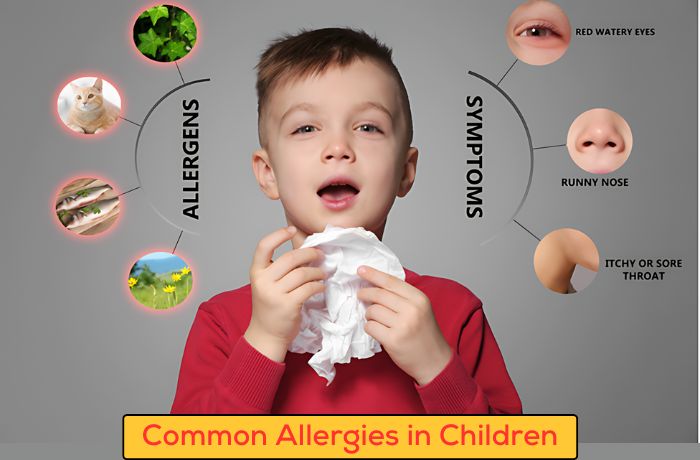Nasal allergies, often referred to as allergic rhinitis, are a common condition that can affect people of all ages. Characterized by inflammation in the nasal passages, this condition is typically a response to allergens present in the environment. For individuals who experience allergies, the resulting discomfort can significantly interfere with daily life.
What Are Nasal Allergies?
Nasal allergies occur when the body’s immune system reacts to harmless substances as though they pose a threat. These substances, known as allergens, trigger an immune response within the nasal passages. This results in inflammation and related symptoms. Allergies may arise seasonally, as is the case with hay fever, or persist year-round due to allergens that remain present in living environments.
What Are the Triggers and Symptoms?
Nasal allergies are typically triggered by specific environmental allergens. These allergens may vary depending on an individual’s surroundings and susceptibility. Seasonal triggers often include pollen from trees, grasses, and weeds, which become airborne during certain times of the year. Indoor allergens such as dust mites, mold spores, and pet dander are common triggers for individuals with perennial allergic rhinitis.
Symptoms
The symptoms of nasal allergies range from mild irritation to significant discomfort. Typical symptoms include sneezing, nasal congestion, and a runny nose. Many individuals also experience itchy or watery eyes, an itchy throat, coughing, excessive mucus, or postnasal drip. These symptoms may worsen when exposed to specific allergens and vary between individuals based on the severity of their allergies.
Nasal congestion often leads to difficulty breathing through the nose, while persistent mucus can cause throat irritation or coughing. Additional symptoms may include headaches, sinus pain, or ear congestion. It’s worth noting that these symptoms can sometimes resemble those of colds, although the causes differ significantly.
How Can They Be Managed?
Managing nasal allergies involves reducing exposure to known allergens and addressing the symptoms as they emerge. Identifying specific triggers can play a pivotal role in minimizing the occurrence of reactions. Limiting outdoor activities during high-pollen seasons may alleviate symptoms. Allergens may also be managed indoors by keeping windows closed, using air conditioners, and maintaining a tidy house.
Symptom management could involve over-the-counter or prescription medications aimed at reducing inflammation and alleviating discomfort. Nasal sprays, antihistamines, or decongestants may be useful in controlling symptoms temporarily. Individuals experiencing frequent or severe allergic reactions might explore long-term options, such as allergy shots, which involves desensitizing the immune system to specific allergens over time. Both self-care and consultation with a healthcare professional may aid in reducing the impacts of this condition. Customizing a management plan based on specific triggers and symptoms may lead to a more effective approach.
Seeking an Allergy Specialist
Nasal allergies remain a manageable condition with a proper understanding of their triggers and well-informed approaches to symptom relief. Identifying allergens, taking steps to reduce exposure, and seeking appropriate symptom management options are key to improving quality of life. Those curious about additional strategies or experiencing persistent symptoms may find it beneficial to schedule a visit with an allergy specialist. Specialists can identify specific allergens, recommend tailored treatments, and provide guidance on sustaining long-term relief.









